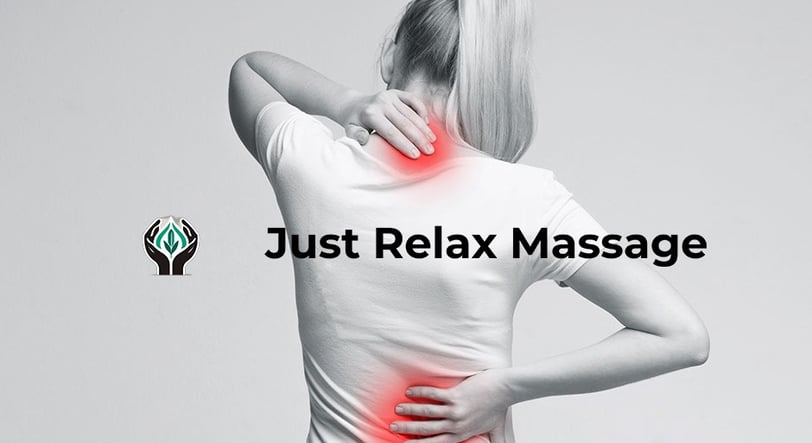Pain Management
Massages can be highly effective in alleviating various types of pain, including muscle tension, headaches, and chronic pain conditions, due to their therapeutic effects on the body.
9/10/20232 min read


Muscle Tension:
Improved Blood Circulation: Massages involve the manipulation of muscles and soft tissues. This manipulation helps increase blood flow to the targeted areas, which in turn delivers more oxygen and nutrients to the muscles. This improved circulation helps reduce muscle tension and soreness.
Release of Knots and Trigger Points: Our skilled massage therapists can identify and target specific knots or trigger points within the muscles. By applying pressure and kneading techniques to these areas, they can release tension and encourage the muscles to Just relax.
Increased Range of Motion: Massages can help improve flexibility and range of motion by stretching and lengthening tight muscles. This is especially beneficial for individuals who experience stiffness due to prolonged periods of inactivity or muscle imbalances.
Headaches:
Stress Reduction: Many headaches, especially tension headaches, are closely related to stress and muscle tension in the neck, shoulders, and upper back. Massages provide relaxation and stress reduction, helping to alleviate tension that may be contributing to headache pain.
Improved Circulation to the Head: Massages increase blood flow not only to the muscles but also to the head and brain. This enhanced circulation can help reduce the intensity and frequency of headaches, including migraines.
Relief from Sinus Pressure: Some types of headaches, such as sinus headaches, can be caused by sinus congestion and pressure. Facial massages and lymphatic drainage techniques can help relieve this type of discomfort.
Chronic Pain Conditions:
Pain Management: Massages can be an effective part of a comprehensive pain management plan for chronic conditions like fibromyalgia, arthritis, or neuropathy. Regular massages can help reduce the perception of pain and discomfort.
Trigger Point Therapy: For conditions with specific trigger points or tender points, our massage therapists can use trigger point therapy to address these areas. This can provide relief from localized pain and discomfort.
Stress Reduction and Improved Mood: Chronic pain often takes a toll on mental and emotional well-being. Regular massages can help reduce stress and anxiety, which can exacerbate chronic pain conditions. Additionally, the release of endorphins during a massage can improve mood and help manage pain perception.
It's important to note that the effectiveness of massages in alleviating pain can vary from person to person, and the type and frequency of massages needed may differ depending on the individual's condition. Consulting with our qualified massage therapist and, if necessary, a healthcare professional can help determine the most suitable massage approach for managing specific types of pain. Additionally, massages should be considered as a complementary therapy and not a replacement for medical treatment when dealing with chronic or severe pain conditions.
